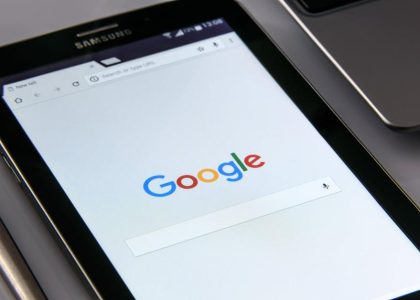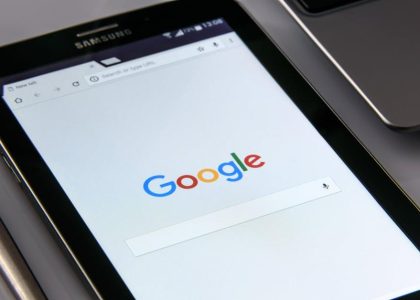



A recent survey reveals that 36% of consumers turn to Pinterest for their initial searches instead of Google. This shift highlights the platform’s growing influence as a discovery tool, where visual inspiration meets consumer intent.

In a bid to bolster accountability, Google is enhancing its transparency measures surrounding advertising funding. As the digital landscape evolves, these new guidelines aim to illuminate who is behind the ads, fostering trust and informed choices for users.

In Q1 2025, Google revamped a staggering 76% of title tags, reshaping the digital landscape. This bold move signals a shift in SEO strategies, urging marketers to adapt their approaches and prioritize clarity and relevance in an evolving search engine environment.

In a curious twist, Google visits are climbing, yet user engagement is dwindling. As AI aggregates and analyzes this paradox, it raises questions: Are more clicks translating to meaningful interaction, or is the digital world merely a bustling facade?

Google’s AI Mode is stepping out of the lab, shedding its waitlist and rolling out new features. Users can now enjoy product and place cards alongside a history panel, enhancing the search experience with intuitive insights at their fingertips.

In a move that could reshape digital advertising, Google is testing the integration of ads within third-party AI chatbot conversations. This innovation aims to blend seamless interactions with targeted marketing, raising both opportunities and ethical questions.

In a bold move, Mark Zuckerberg introduces Meta’s AI bot as a potential therapeutic companion for those seeking support. With advanced algorithms designed to listen and assist, it invites users to explore a new, digital approach to mental wellness.

In a robust display of financial strength, Meta and Microsoft reported earnings that surpassed analysts’ expectations, sending their stocks soaring. This positive momentum reflects a resilient tech sector, instilling confidence among investors amid a shifting economic landscape.